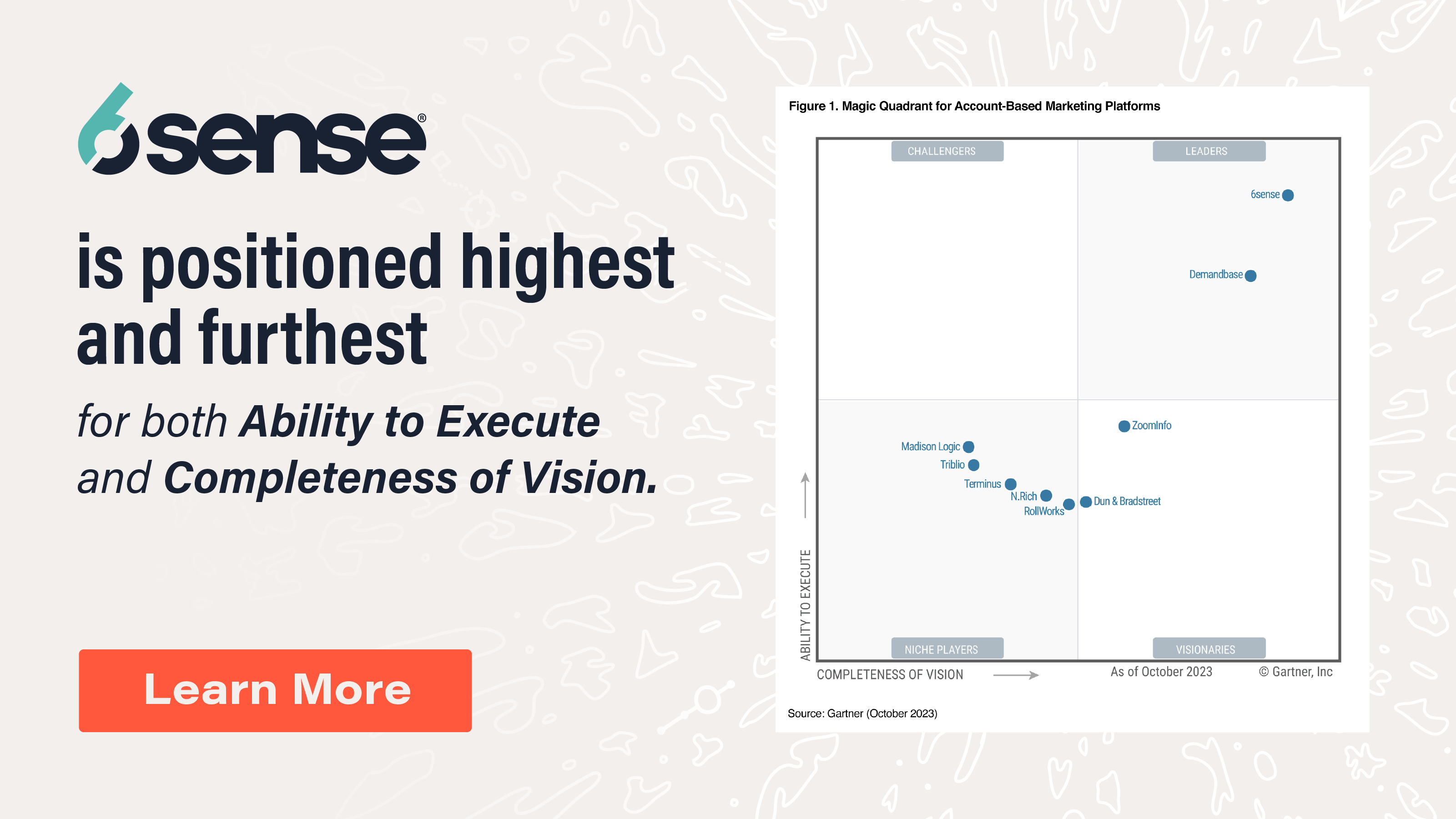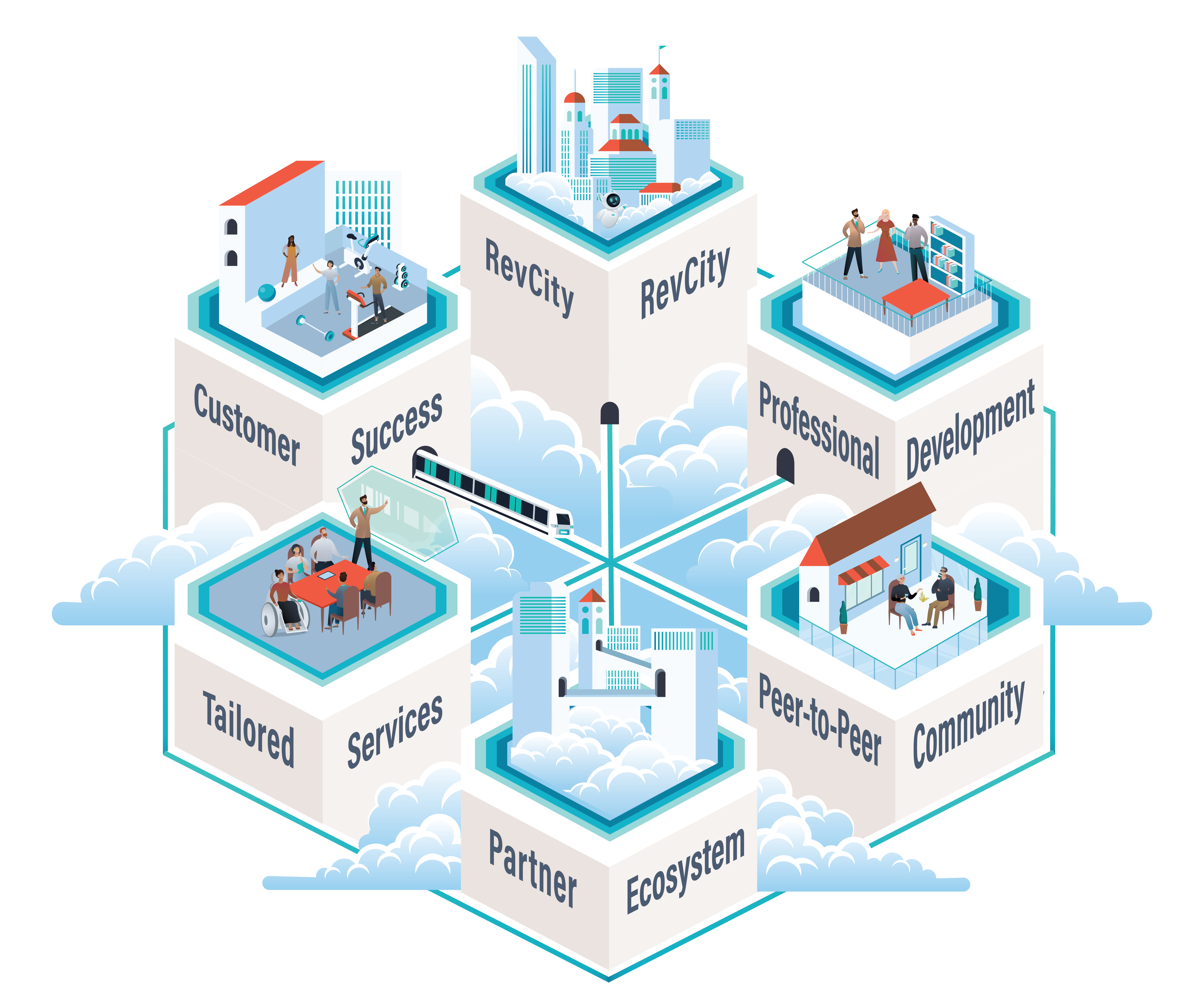For B2B sales reps, response time is everything. When a lead comes in, the faster you act, the more likely you are to close the sale. But if you wait too long, you may be too late.
That’s why lead routing is so important. It’s the process of distributing leads among reps to ensure timely responses and maximize the chances of converting leads. Let’s look at how to set up efficient lead routing rules and best practices.
Lead Routing Rules
1. Lead Routing by Geography
One important factor in setting lead routing rules is geography. If a lead is from the North American region, it should be assigned to a rep working in the American time zone. Likewise, since there are separate teams to handle sales leads from various regions, this specific lead needs to be routed to a rep tasked with handling the NA region specifically.
2. Lead Routing by Size
Leads also come from accounts of varying sizes, so lead routing should take this into account. If there are separate teams within your organization to handle accounts with various employee sizes, leads from bigger accounts may need to be routed to the team handling the enterprise segment, while leads from smaller accounts may need to be routed to the team handling the SMB segment.
3. Lead Routing by Score
Lead scoring is another important factor. This is the process of assigning numerical values or “scores” to leads based on their perceived value to your business. An ideal lead routing system prioritizes sales leads with the highest scores. This maximizes efficiency and minimizes missed opportunities.
4. Lead Routing by Rep Availability
Finally, lead routing should also consider the availability of your reps and assign leads accordingly. If your reps are on leave or busy with several leads already, adding a new lead on their plate might not be the best idea.
Lead Routing Best Practices
1. Strike while the iron is hot.
Leads are at their warmest when they’ve just filled out a form or engaged with your content on your site.
And they can cool down surprisingly quickly. A study by the Harvard Business Review found that firms that reached out to leads within an hour were seven times more likely to qualify a lead than those that reached out during the second hour, and more than 60 times as likely than those that reached out 24 hours later.
So it’s essential to establish a system to reach out to fresh leads on time. The earlier you assign the lead to a rep, the earlier they can reach out to the fresh lead, and the better the chances of qualifying them.
2. Have well-integrated tech in place.
Leads come from a variety of sources. You need to ensure there’s a well-integrated tech system in place so that you can capture lead data from all likely sources. Leave no stone unturned.
3. Be flexible with your lead routing rules.
Even if your lead routing system is efficient, some scenarios may require you to stay flexible and open to changes. Companies may get acquired, merge, get funded, or raise revenue targets. In scenarios like these, it’s best to stay flexible and adjust your lead routing rules accordingly.
4. Maintain data hygiene.
Poor data hygiene is the easiest way to disrupt your lead routing systems. Without accurate data, your leads can’t only waste your reps’ time but also create unnecessary confusion. So make sure you keep your data clean and up-to-date.
The Importance of Effective Lead Routing
Lead routing is an essential process to ensure timely responses and maximize the chances of converting leads. Make sure you set up efficient lead routing rules and maintain data hygiene to guarantee quality lead data. Following the best practices outlined here will help you get the most out of your lead routing system.






